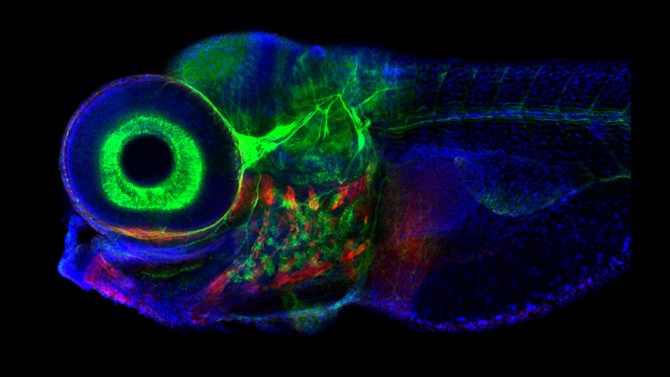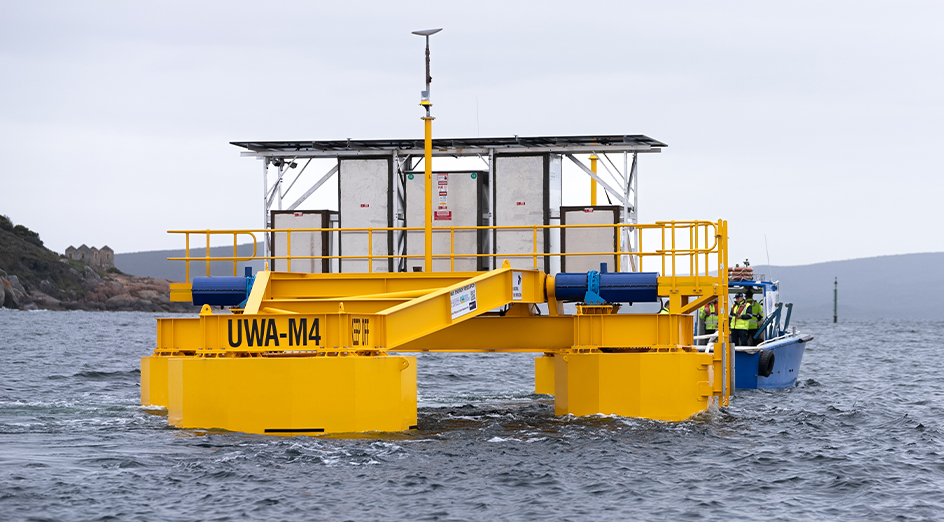Bupa has become the first major private health insurer to announce new funding arrangements with all hospitals on almost 500 medical consumable items used in everyday surgeries, including glues, sponges, staples, and catheters to provide greater certainty for hospitals and drive lower healthcare costs for our members.
Australians with private health insurance pay some of the highest prices in the world for medical devices and surgical products – about $967 million more than similar countries – through the Prescribed List of Medical Devices and Tissue Products (previously known as the Prostheses List).
The Federal Government uses the Prescribed List to set the price Australia’s private patients must pay without using competitive processes or international price benchmarks.
Bupa has been advocating for reforms to change this, including supporting the Federal Government’s removal of these 500 items from the list, which is enabling health insurers and hospitals to work together and negotiate cheaper prices away from excessive device company mark ups.
Bupa Health Insurance Managing Director Chris Carroll said the reforms helped ensure the sustainability of Australia’s world class healthcare system for the future.
“These changes are about ensuring our members have access to affordable care. I’m pleased we’re leading the private health industry in taking steps in this area and working together with hospitals to offer customer-centred care and value,” he said.
“We’ve worked collaboratively with hospitals on a funding arrangement that takes into account hospital costs while protecting our health system from inflated prices which are then passed onto patients.
“With ongoing cost-of-living pressures, we will continue to push for reforms to help keep premiums affordable and sustainable including advocating for fairer medical device pricing.”
Bupa’s new funding arrangements using existing billing codes will apply to all hospitals, without the need for expensive software updates, helping to give them certainty six months ahead of the items being removed from the Prescribed List on 1 July 2024.








